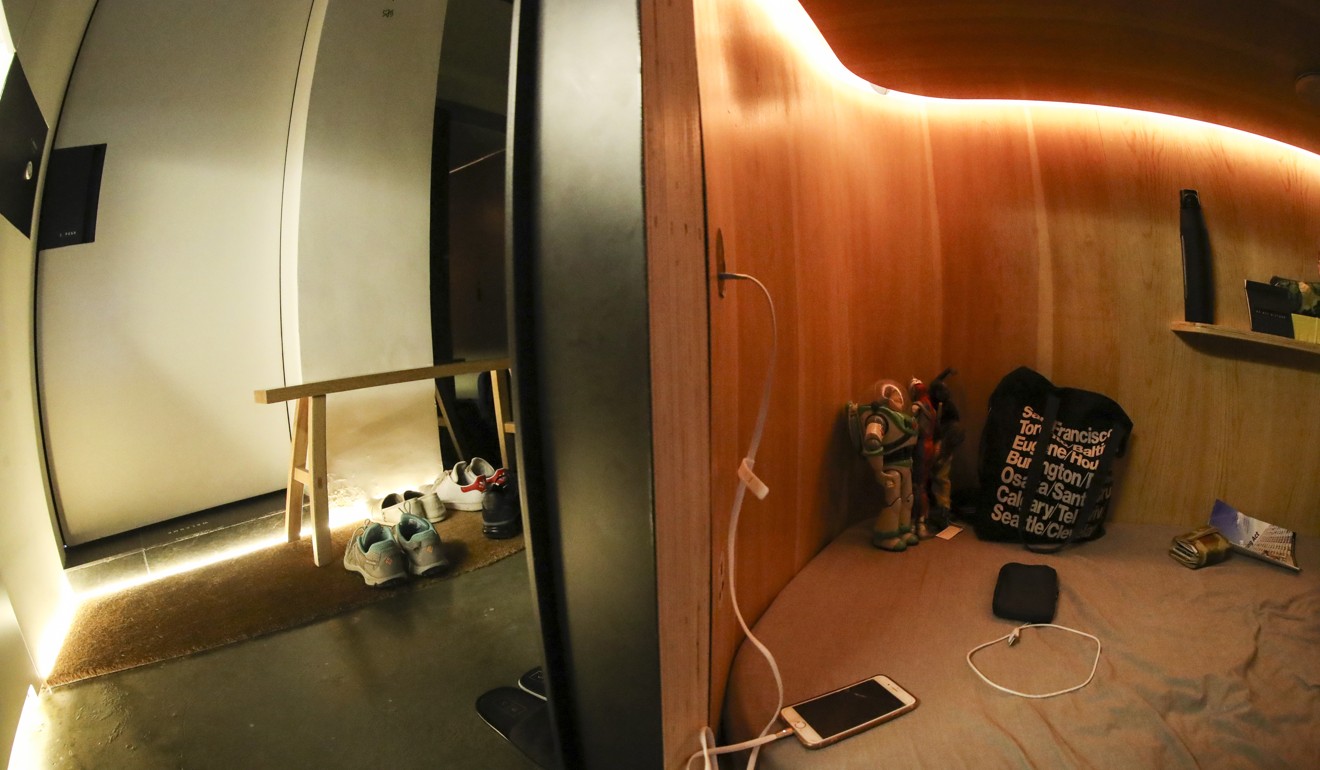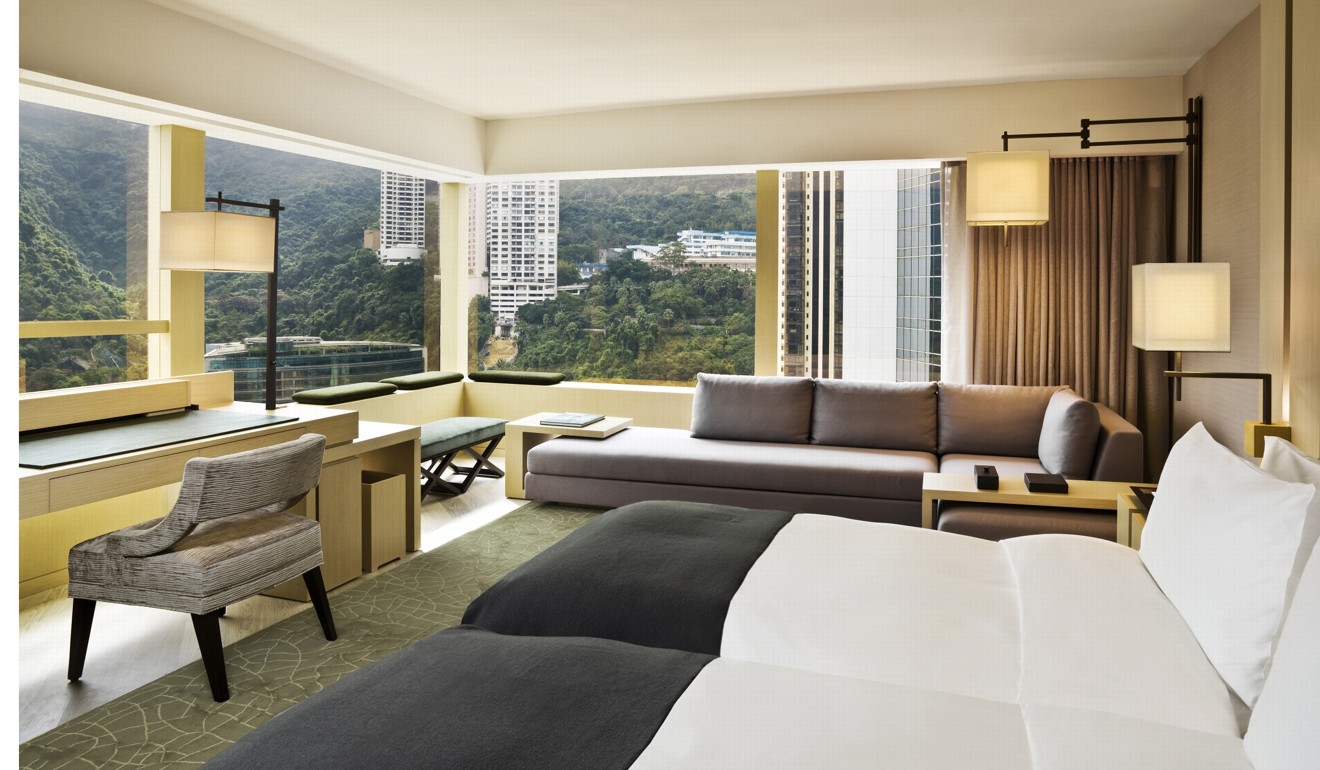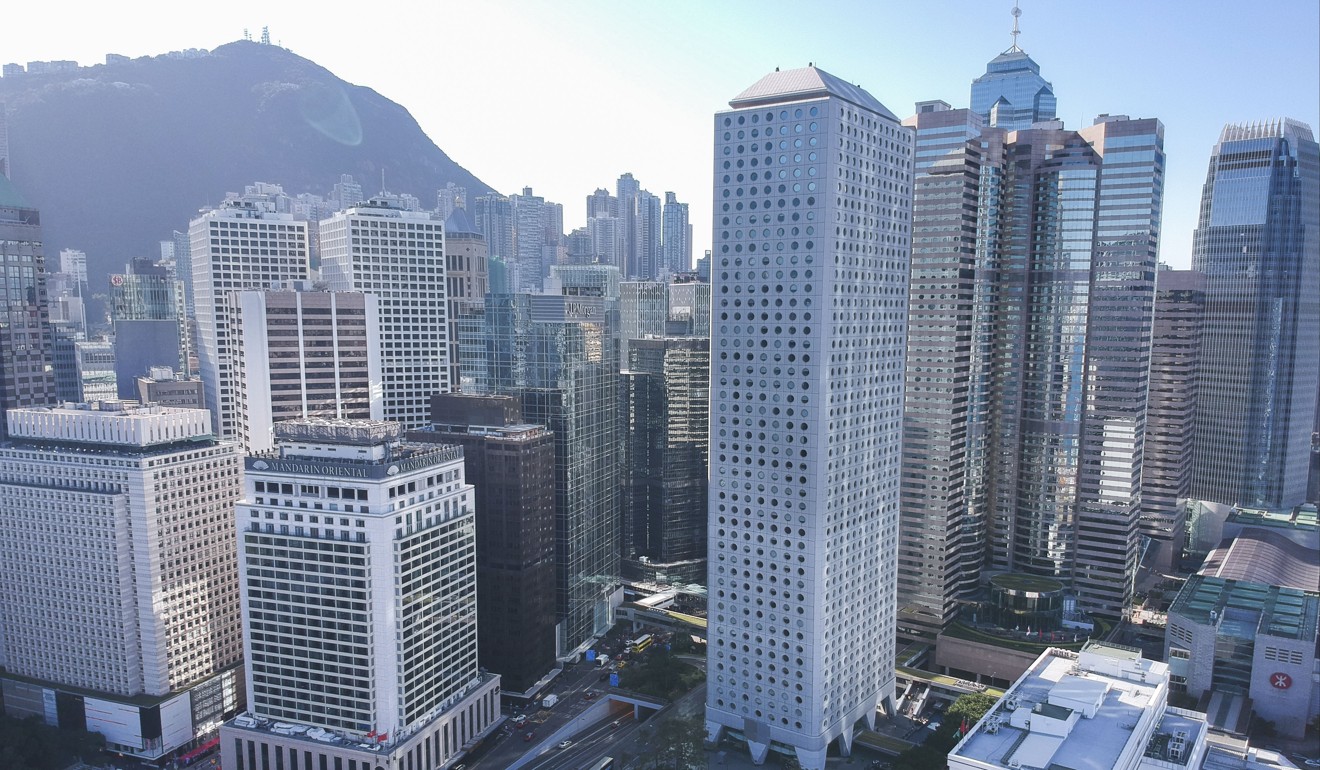
Airbnb another casualty of high property prices in Hong Kong, destination that bucks global trend for more non-hotel stays
While the rest of the world experiences a boom in Airbnb listings and capsule dorms, most visitors to Hong Kong stay in hotels, a survey shows. High property prices mean city flats are small, and therefore less attractive
Hong Kong is bucking the global appetite for alternative accommodation as hotels continue to dominate the local market, according to recent research.
As part of Booking.com’s annual Guest Review Awards based on 140 million customer reviews worldwide, the online accommodation booking portal noted a shift in trends in 2017, with apartments taking the lead over hotels as the most widely awarded accommodation for the first time.
Guest houses, B&Bs and holiday homes also featured highly. A third of global travellers say they prefer to stay in a holiday rental over a hotel in 2018, and with 40 per cent of these saying they want to stay in an accommodation type they have never experienced before.

Hong Kong was the only exception to this trend.
A total of 230 properties, of all types, received the award in Hong Kong, with an overall average guest review score of 8.4. Seven out of the top 10 outstanding properties were traditional hotels.
My Airbnb year in Hong Kong: ‘Big fat American’ discovers hidden sides to the city
Marcel Thoma, general manager of The Upper House, which scooped Hong Kong’s top score with a rating of 9.4, points out that, compared to many other global destinations, Hong Kong’s relatively small size and dense population has resulted in some of the highest land and property prices in the world, which has an impact on the availability of suitable non-hotel accommodation.

A recent study by the Fraser Institute that compared the population densities of 30 cities in high-income countries placed Hong Kong at the top of the list, with more than 25,700 people per square kilometre. A Demographia International Housing Affordability Survey released in January found Hong Kong was the most expensive place in the world to live in, with property and land prices more than 18 times the average household income.
Iconic Sydney brewery and bar is now a hip boutique hotel
“With this in mind, alternative accommodation such as Airbnb and other home sharing alternatives have difficulty in delivering spacious living spaces,” says Thoma. “The returns for investors from a hotel property versus residential may also be higher.”

Sai Ying Pun-based Airbnb host Victoria Chan agrees that the sky-high property prices pose a challenge for local landlords, and means that most accommodation offerings are cramped and run down.
While there are several cheap options listed on the website for Hong Kong, they tend to be dorm-style accommodation. “The majority of people aren’t looking for that,” says Chan.
Another issue, especially with Airbnb, is that Hong Kong renters often illegally list their homes, she says. And with continually rising rents, renters are regularly forced to move home, which means listings on the accommodation sharing website in Hong Kong are constantly shifting.
Convenience, and easy access to the city’s business and leisure activities are another reason hotels remain popular, according to Thoma.
Asia’s luxury hostels for the ‘flashpacker’ generation are classy but cheap
“Travellers tend to prefer hotels that offer a wide range of services and amenities knowing they will be looked after 24/7, in addition to the safety and the social atmosphere aspects,” he says.

Jenny An, of the Mandarin Oriental Hong Kong, which took second place in the survey with a score of 9.3, believes conditions in the city are “disadvantageous” to the growing trend of shared and alternative accommodation.
Uber, Airbnb show Hong Kong’s inability to adapt to changing times and technology
“Because of this, travellers prefer to stay in hotels when coming to Hong Kong, as well as enjoying the services and facilities that come along with their stay,” says An.
The Peninsula and Hotel Icon took third and fourth spots respectively. The only three non-traditional accommodation spots on the city’s top 10 list were guest houses Hawaii International Hostel (ranking fifth), capsule hotel Sleeep (ranked eighth) and Big Wave Travel (ranked tenth).

